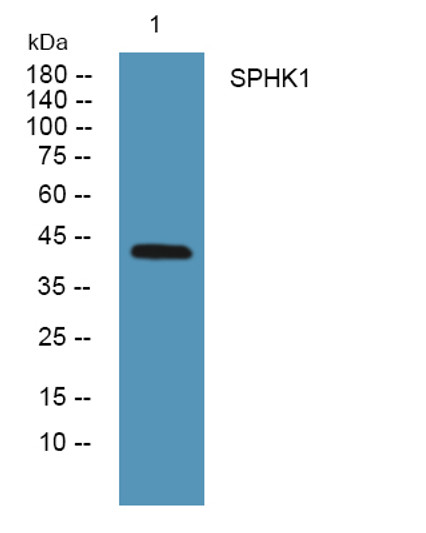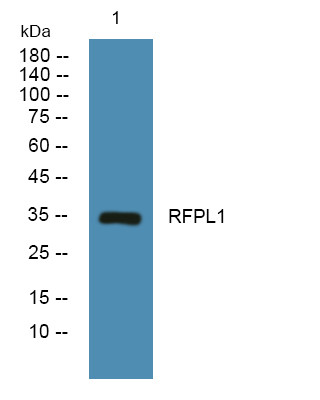| Host: | Rabbit |
| Applications: | IHC/IF/ELISA |
| Reactivity: | Human/Mouse/Rat |
| Note: | STRICTLY FOR FURTHER SCIENTIFIC RESEARCH USE ONLY (RUO). MUST NOT TO BE USED IN DIAGNOSTIC OR THERAPEUTIC APPLICATIONS. |
| Short Description : | Rabbit polyclonal anti-Phosphatidylinositol transfer protein alpha isoform (160-240 aa) for use in IHC, IF and ELISA in Human, Mouse and Rat samples. Datasheet included with dilution recommendations, and related reagents. |
| Clonality : | Polyclonal |
| Conjugation: | Unconjugated |
| Isotype: | IgG |
| Formulation: | Liquid in PBS containing 50% Glycerol, 0.5% BSA and 0.02% Sodium Azide. |
| Purification: | The antibody was affinity-purified from rabbit antiserum by affinity-chromatography using epitope-specific immunogen. |
| Concentration: | 1 mg/mL |
| Dilution Range: | IHC 1:100-1:300ELISA 1:10000IF 1:50-200 |
| Storage Instruction: | Store at-20°C for up to 1 year from the date of receipt, and avoid repeat freeze-thaw cycles. |
| Gene Symbol: | PITPNA |
| Gene ID: | 5306 |
| Uniprot ID: | PIPNA_HUMAN |
| Immunogen Region: | 160-240 aa |
| Specificity: | PITP Alpha Polyclonal Antibody detects endogenous levels of PITP Alpha protein. |
| Immunogen: | Synthesized peptide derived from PITP Alpha at the amino acid range 160-240 |
| Protein Name | Phosphatidylinositol Transfer Protein Alpha IsoformPi-Tp-AlphaPtdins Transfer Protein AlphaPtdinstp Alpha |
| Database Links | Reactome: R-HSA-418890Reactome: R-HSA-8950505 |
| Cellular Localisation | CytoplasmNucleus |
| Alternative Antibody Names | Anti-Phosphatidylinositol Transfer Protein Alpha Isoform antibodyAnti-Pi-Tp-Alpha antibodyAnti-Ptdins Transfer Protein Alpha antibodyAnti-Ptdinstp Alpha antibodyAnti-PITPNA antibodyAnti-PITPN antibody |
Information sourced from Uniprot.org









